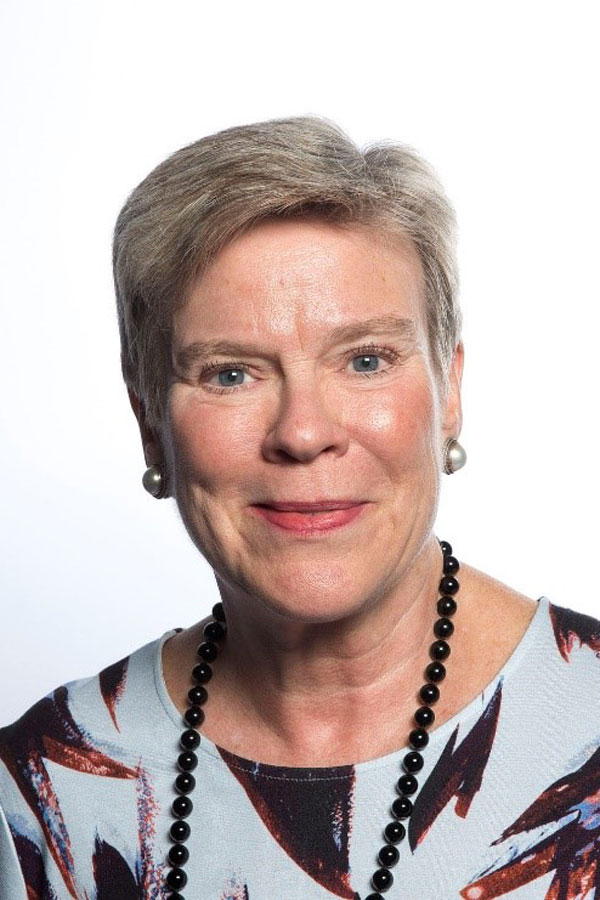
Rose Gottemoeller spoke to Sandians in a video conference on July 28 in honor of the 25th anniversary of the Labs’ Cooperative Monitoring Center. The talk was part of Sandia’s National Security Speakers Series. As the Frank E. and Arthur W. Payne Distinguished Lecturer at Stanford University’s Freeman Spogli Institute for International Studies and its Center for International Security and Cooperation, Gottemoeller knows firsthand the value of international scientific cooperation in the national security field.
In her talk, “From the Russell-Einstein Manifesto to Beyond New START,” Gottemoeller discussed the history of national security from the 1950s to the current day, including the role of the CMC in the urgent work of fissile material control in Russia in the 1990s. She spent much of her talk highlighting the role of different expertise in the New Strategic Arms Reduction Treaty, or New START, negotiations.
“Science diplomacy is the key to success gained in an interdisciplinary approach to nuclear deterrence,” she said. “And Sandia, with the CMC, is at the forefront of the United States’ abilities to limit and control nuclear weapon proliferation.”
Gottemoeller extolled the virtues of science diplomacy, which she described as an interdisciplinary approach — from scientists to politicians, diplomats to the departments of Defense and Energy, to Sandia and other labs — that all play an important role in this movement.
“The threat reduction programs in the 1990s, to New START with the Russian Federation, would not be possible without science diplomacy,” Gottemoeller said. She also explained that arms agreements and negotiations need a sustained effort for a long period of time.
“Russia has already extended the life of their nuclear weapons, and so we must ensure to continue our weapons modernization programs. But we also need to get China to the table, and to extend New START for another five years to ensure implementation.”
Science diplomacy
While diplomacy is the tool to advance the national interests of the U.S., Gottemoeller stressed that the national labs need to be present to help with the technical aspects. “This is science diplomacy at work,” she said. “You need a multi-disciplinary approach to have effective U.S. policy.”
She ended the talk by looking to the future and to the continuing role that interdisciplinary cooperation plays in tackling problems such as control and monitoring of warheads. “We must continue to reduce and eliminate nuclear weapons and fissile material, or we will, at some time and place we cannot predict, succumb to nuclear terror.”
Before joining Stanford, Gottemoeller was the deputy secretary general of NATO from 2016 to 2019, where she helped to drive forward NATO’s adaptation to new security challenges in Europe and in the fight against terrorism.
Prior to NATO, she served for nearly five years as the under secretary for arms control and international security at the U.S. Department of State, advising the secretary of state on arms control, nonproliferation and political-military affairs. While assistant secretary of state for arms control, verification and compliance in 2009 and 2010, she was the chief U.S. negotiator for New START.
A recording of Gottemoeller’s talk can be viewed at the Cooperative Monitoring Center website. Employees can also visit the National Security Speaker Series website on the Labs’ intranet to view past presentations.